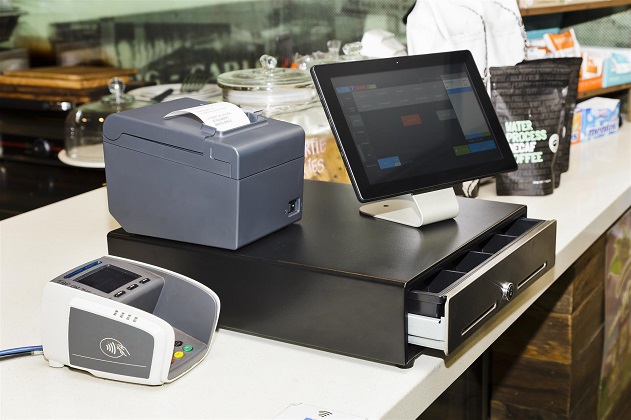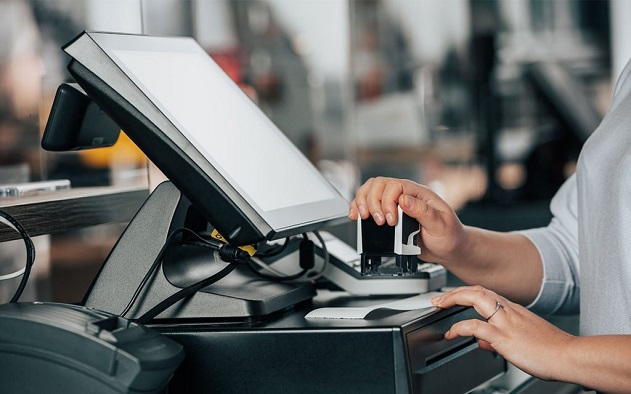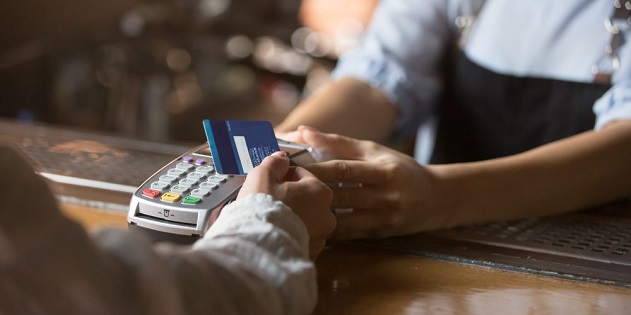Point of Sale Equipment Buying Guide
You’re finally on the cusp of opening up your own shop. Congratulations! It’s exactly what you’ve been dreaming of your whole life. The next big challenge you’re facing is to equip your business with the right tools. After all, it can’t run itself. With proper instruction and guidance, however, you should be at the top of your business game in no time.
Unfortunately, newly-appointed shop owners are so focused on the look and feel of their business that they overlook other important aspects of running it. But we’re here to make sure that doesn’t happen to you. One of the most important tools you need to have in your store is an extremely practical point of sale equipment. You may or may not be familiar with this concept but it’s arguably one of the crucial tools you can have and the key to leading a successful business and keeping your clients happy.
Here’s a quick rundown of all the basic information you should know.
What Does Point of Sale Equipment Mean?

POS refers to a combination of software and hardware tools that you use to check out your client’s goods. It covers a range of payment options, including cash or credit cards and finalises the transaction. But it’s more than just a checkout service since it can also help you scan products and keep track of your inventory. You’ve probably seen this already during your daily trips to the supermarket when the people at the cash register scan your items.
One important thing to remember here is that POS hardware doesn’t just work with any type of software. This means that you can’t buy any random code scanner and plug it into your setup – you need to make sure that all devices are compatible with one another. The best way to ensure this is to buy a whole set of point of sale equipment so that you don’t have to shop for each item individually. Speaking of the items, let’s have a quick look at all the things that keep a point of sale system going.
What Are POS Hardware?

The type of hardware used in each business can vary depending on what they’re used for. But there is a universal set of hardware items that are more than likely to be found in every point of sale shop.
Cash Register
This is a no-brainer, right? While many people have switched to a card only payment as their preferred method, cash payments are still very much a thing. This means that you’ll need a place to store your cash and change. What better way to do that than a good ol’ cash register? Your money will be kept safe in a cash drawer and it’ll only open up when you actually need to use it, minimising the risk of fraud or theft.
Credit Card Terminal
This is the other payment option. Many people prefer to use this because it’s a clean-cut way to pay since they don’t have to deal with loose coins. For this reason, you should have a credit card terminal pre-installed and ready to go. A simple swipe or touch of a card and the transaction is complete. Sounds simple enough, right?
Bar Code Scanner
This tool uses a laser to scan the bar code on each item in order to give you all the information you need – including size and price. This saves up on time because you don’t have to type in the bar code to look up the product every time someone brings it in for checkout. Handheld scanners are the go-to option for many businesses due to their convenience but stationary ones are also a good option for checking out larger, bulkier items.
Receipt Printer
Once the transaction is completed, you’re expected to give your client a receipt for transparency reasons. These receipts contain a printed record of the purchase, including the time, place and price of the purchased goods. This is quite practical because if the customer ever files a complaint or needs a refund, you’ll be able to access these records and cater to their needs.
Touchscreen Monitor or Tablet
You need to have a monitor or tablet as part of your hardware which will allow you to take control and keep an eye on the transaction that’s taking place. The good thing here is that a tablet is portable, so you can control what happens regardless of where you are.
How Can POS Benefit Your Business?

There are a handful of ways in which a POS system can help your business thrive.
Better Inventory Management
This type of system gives you an overview of all the items in your inventory. This means that it’ll be easier for you to keep track of all your goods so that you have an idea of which ones are running low and are up for re-order. You’ll also know which goods aren’t selling as expected so that you take proper steps to handle that in the future.
Detailed Accounting
By providing your customer’s with accurate receipts, you can track each transaction efficiently that can be properly subdivided into categories. This will make it easier to create balance sheets and report on sales and profits.
Better Customer Service
If we’re being honest here, the whole point is to make your business warm and welcoming for your clients. If you’re fully stocked with the right POS hardware, you’re sure to deliver and keep your customers happy.



